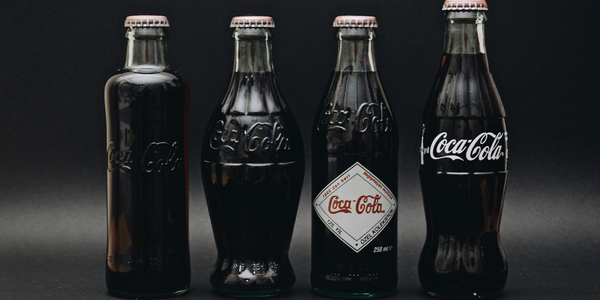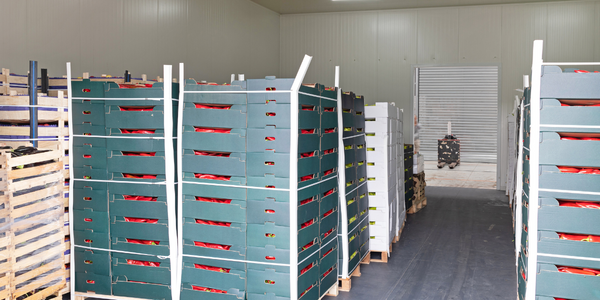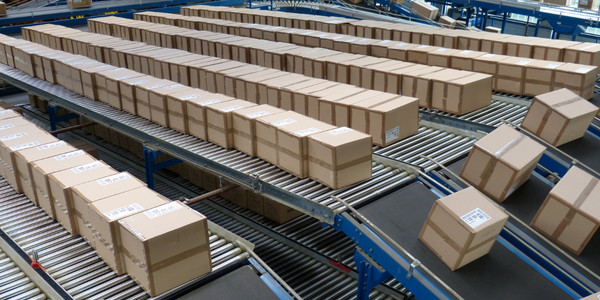- Sensors - Temperature Sensors
- Sensors - Utility Meters
- Food & Beverage
- Packaging
- Logistics & Transportation
- Procurement
- Continuous Emission Monitoring Systems
- Intelligent Urban Water Supply Management
FoodChéri is a 2.0 restaurant launched in 2015 with a mission to transform the future of food. The company is dedicated to offering thousands of people delicious, healthy, home-cooked meals every day. These meals are prepared from fresh products selected for their quality and delivered to offices or homes in various cities across France. The company is made up of approximately one hundred passionate employees who work tirelessly to enable everyone to eat better, at the best price. In 2018, FoodChéri launched Seazon, the first subscription for freshly prepared meals delivered anywhere in France. Today, the team is working on developing both brands while still having plenty of ideas to democratize access to fresh, balanced food that respects our resources.
FoodChéri, a 2.0 restaurant, is committed to providing healthy, authentic cuisine to city dwellers at affordable prices. However, the company is aware of the environmental impact of food production and distribution. In an effort to limit its carbon emissions, FoodChéri decided to conduct a comprehensive carbon assessment. The results revealed that the company's total carbon emissions amounted to 7689t CO2 per year, with food and beverages accounting for 47%, freight 22%, and product purchases 16%. This level of emissions equates to 7689 round trips between Paris and New York, or the annual emissions of 687 French people. To offset this, 3417 hectares of growing forest would be required. The challenge for FoodChéri was to understand the impact of its activities and engage its ecosystem in reducing emissions.
To address its environmental impact, FoodChéri partnered with Greenly to carry out an initial Greenhouse Gas (GHG) assessment. This assessment provided a quick overview of the company's emissions, allowing them to identify the main sources. With this information, FoodChéri was able to formulate and implement action plans to reduce emissions. One of the significant steps taken was the decision to stop selling red meat, a major contributor to carbon emissions in the food industry. The company also revised its recipes, offering alternatives like chicken spaghetti Bolognese, mackerel brandade, and broccoli guacamole. Additionally, FoodChéri launched the Eco-Score, an indicator informing customers about the environmental impact of a recipe. The company also partnered with organizations like Phenix and Too Good to Go, saving nearly 39,000 meals, reducing waste, and avoiding additional CO2 emissions.

Case Study missing?
Start adding your own!
Register with your work email and create a new case study profile for your business.
Related Case Studies.









